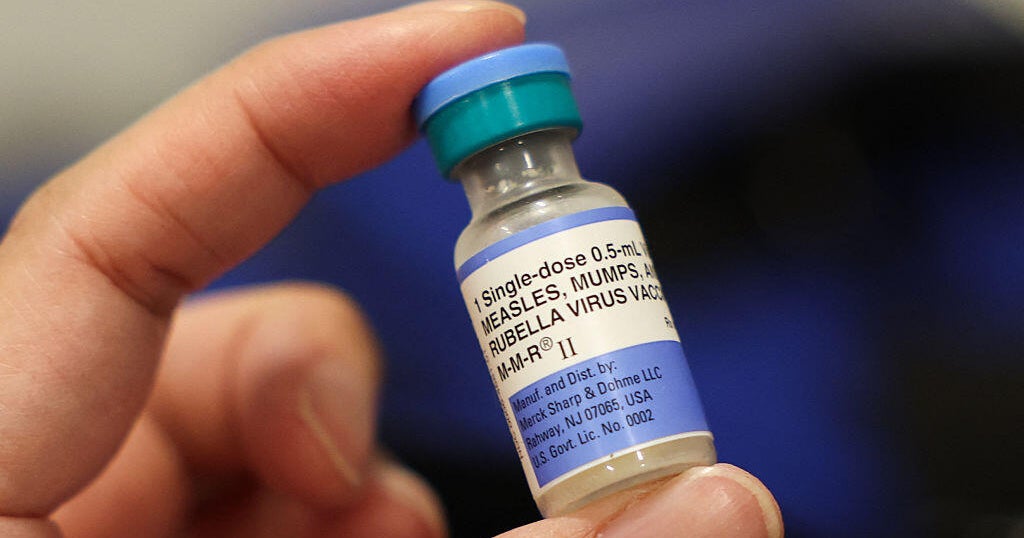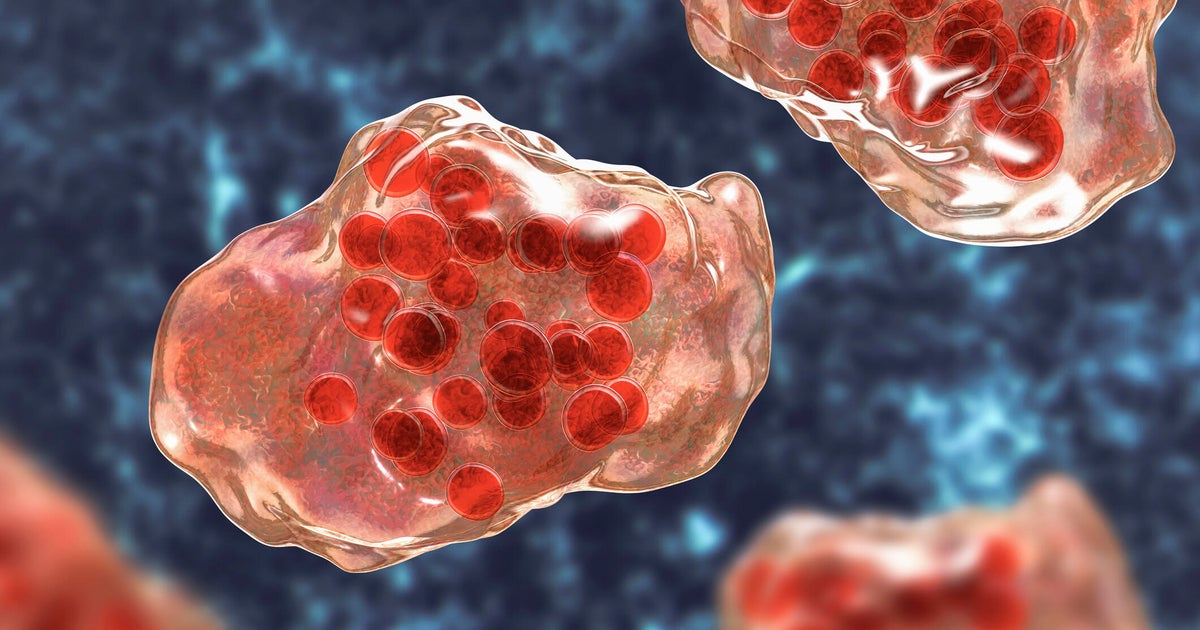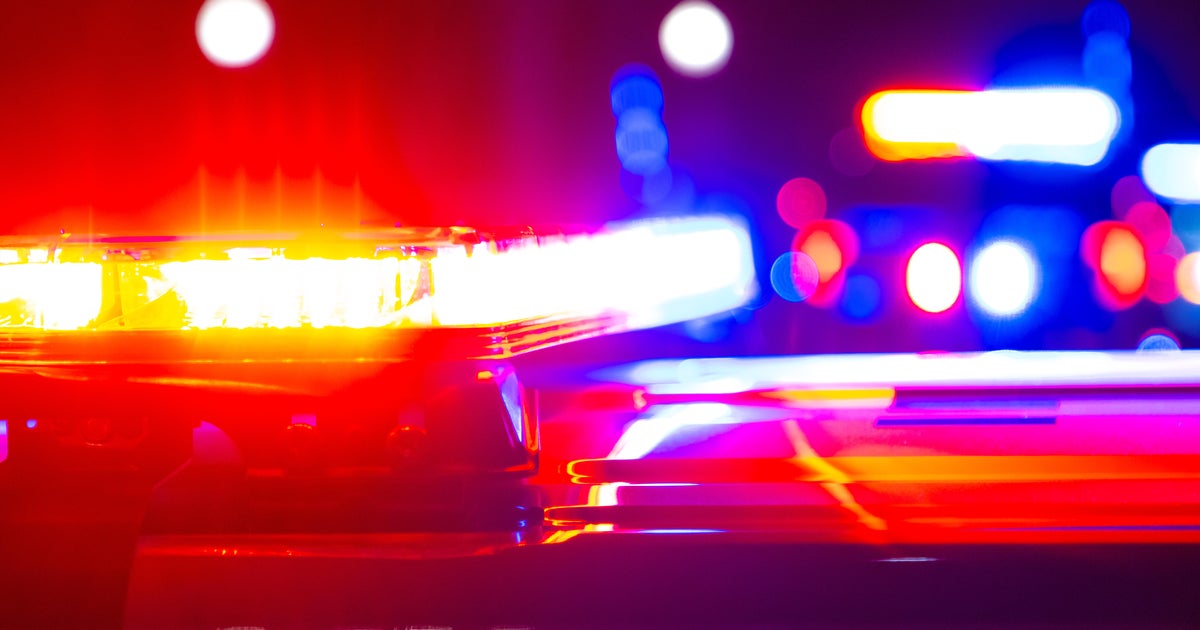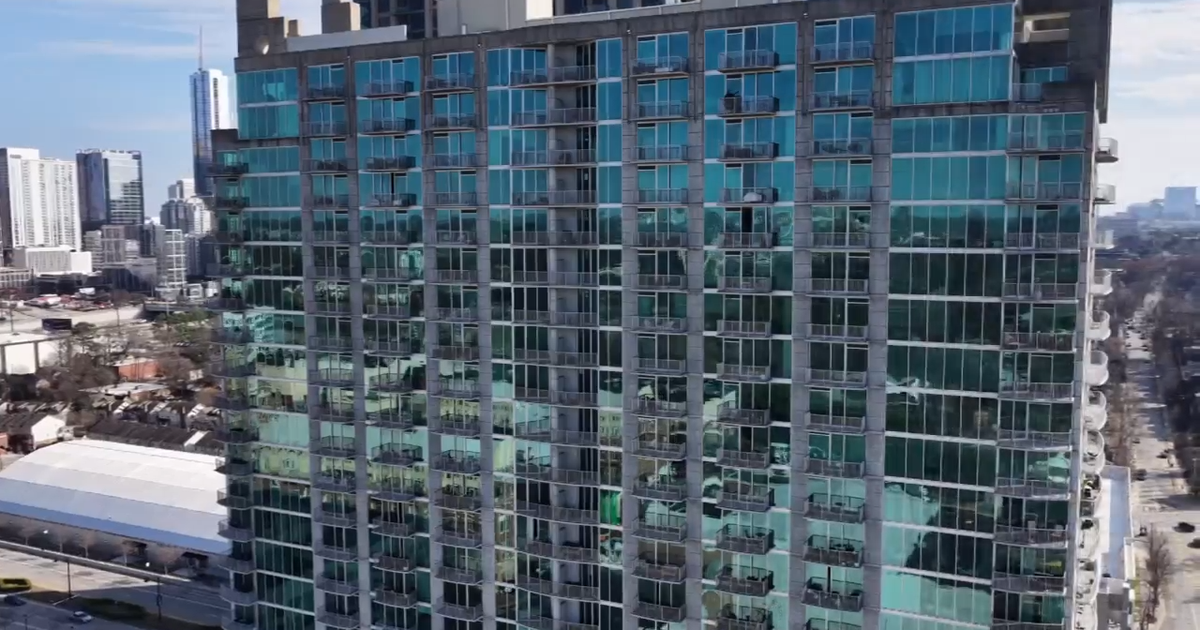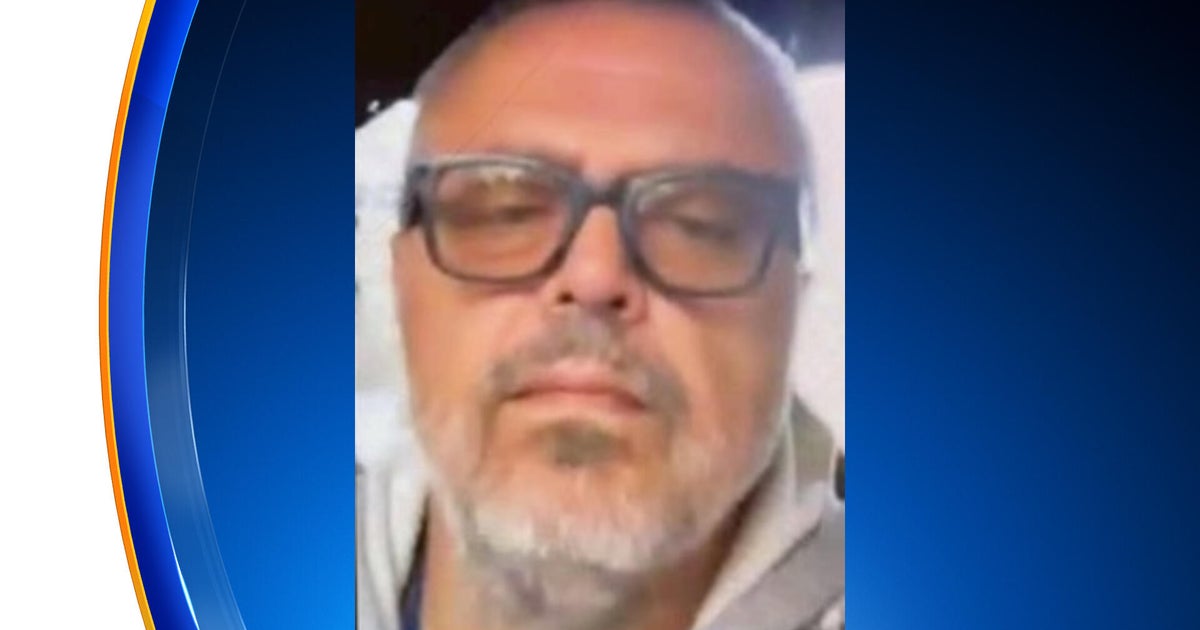Monkeypox in NYC: Identifying symptoms, prevention tips, how to get a vaccine and more
NEW YORK -- Hundreds of New Yorkers have now tested positive for orthopoxvirus, which health officials believe to be monkeypox.
As of July 15, there were 461 cases in New York City.
Vaccinations recently became available for those most vulnerable, but appointments have been had to come by.
Here's what you need to know from the city's health department.
Transmission
Monkeypox often spreads through direct contact with someone who has a rash or sores from the virus.
It can also spread through contact with their clothing, bedding and other items, or through respiratory droplets passed through prolonged face-to-face contact.
Transmission can occur during sex and other intimate contact, such as hugging, kissing, cuddling and massage.
Prevention
If you or your partners are sick, especially if you have a new rash or sore, do not have sex or close physical contact.
If you choose to have sex while sick, avoid kissing and face-to-face contact. Also, cover all sores with clothing or sealed bandages, and wash your hands and bedding before and after.
Consider the risk. Having sex or intimate contact with multiple or anonymous people can increase the risk of exposure. Clubs, raves, saunas, sex parties and other places with face-to-face or skin-to-skin contact may also increase the risk, especially where people are wearing less clothing.
Symptoms
Symptoms usually begin seven to 14 days after exposure, but can take up to 21 days to appear.
The most common symptom is a rash or sores that look like pimples or blisters. They may be all over the body or just in certain places. They can be painful and last two to four weeks.
Some people also have flu-like symptoms, such as fever, swollen lymph nodes, headache and tiredness.
What to do
If you have symptoms, contact a health care provider. If you don't have a health care provider, call 311 or click here.
Avoid having sex or intimate contact, and isolate from others in your household. If you cannot fully separate, avoid physical contact, wear a face mask and cover your sores.
Do not share food, drinks, utensils or dishes. Wash your hands and surfaces, like countertops and doorknobs, often.
There is no specific treatment for monkeypox, and most people get better on their own, but a doctor may prescribe smallpox antivirals.
Vaccination
Eligible New Yorkers can receive the JYNNEOSTM vaccine.
Eligibility has been expanded to include anyone of any sexual orientation or gender identity who is at risk for monkeypox. For more details, click here.
The health department recommends getting two doses at least four weeks apart. You will have full immunity from the vaccine two weeks after the second dose.
CLICK HERE for more information and future appointments.
